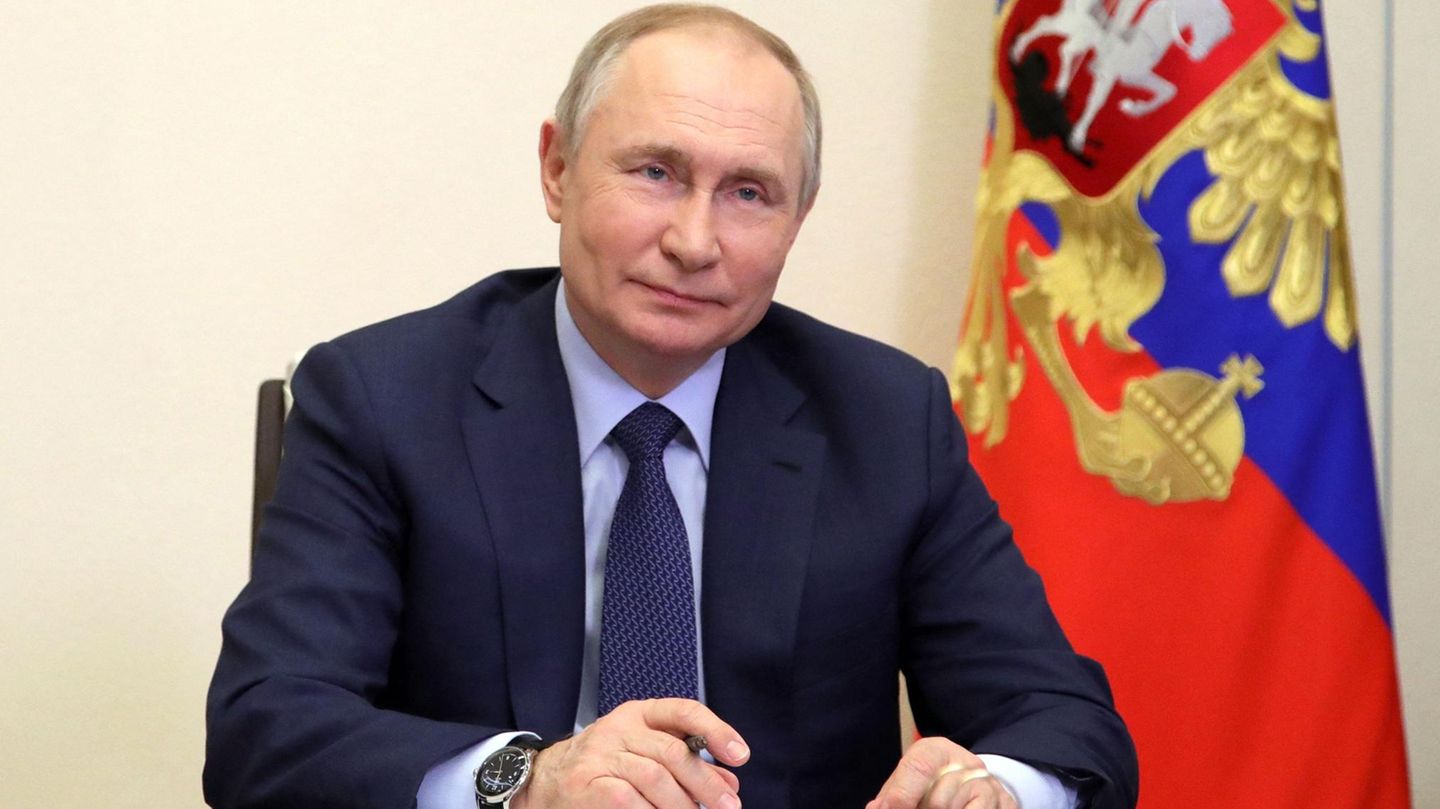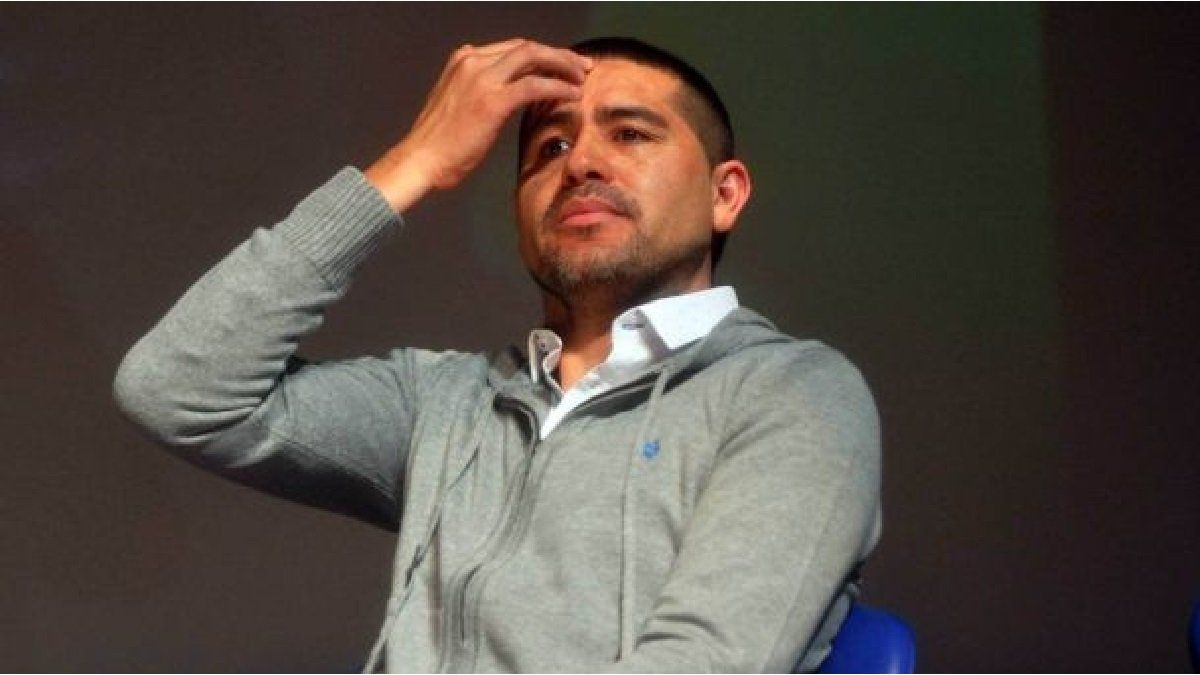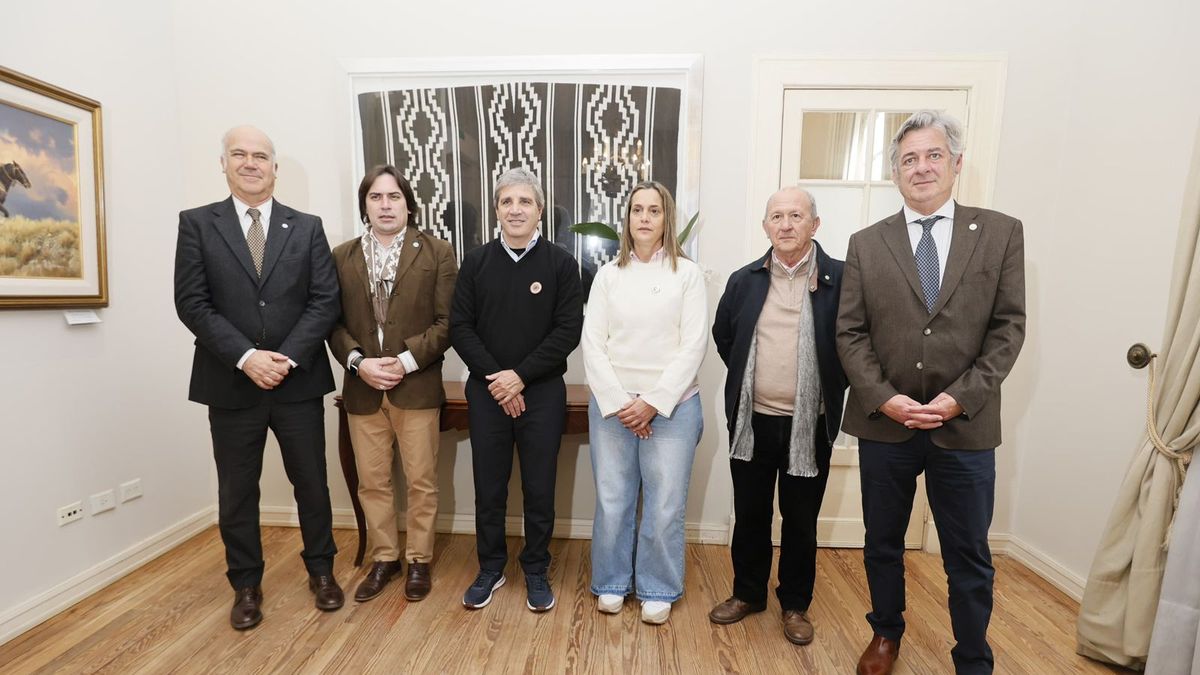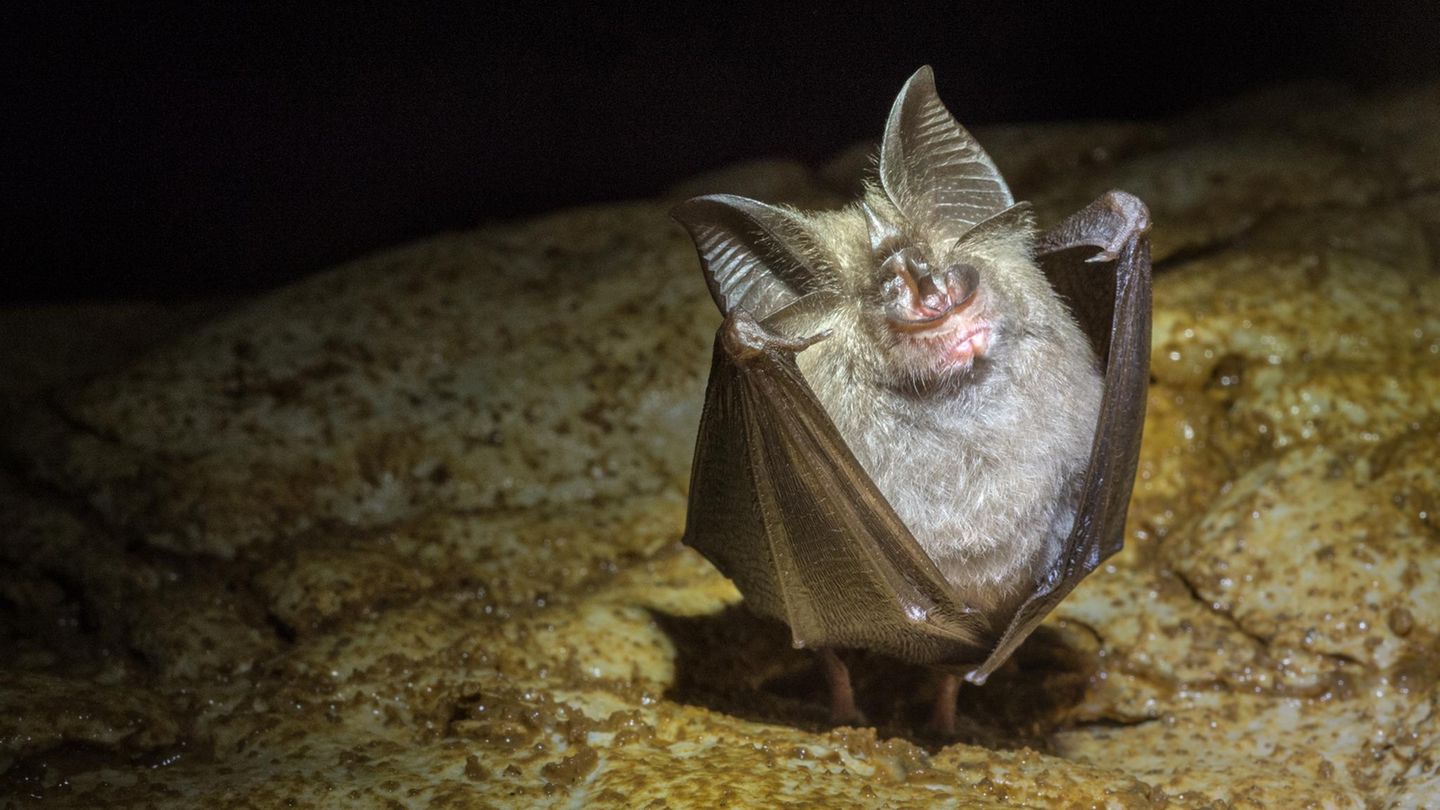Media freedom in Russia is further restricted. Now nobody is allowed to spread so-called “false news” about Russian organs abroad such as embassies and trade missions. A law for “fake news” about the armed forces already exists.
Moscow continues to restrict freedom of information. On Friday evening, President Vladimir Putin signed another law against the spread of alleged false news. Such a law had already come into force for the Russian armed forces at the beginning of March. Accordingly, there is a risk of fines or imprisonment for “fake news” about the army or the use of words like “attack” or “war” in relation to Ukraine. Putin has now extended the measure against “fake news” to the work of Russian state organs abroad, as reported by Russian media on Saturday. This applies, for example, to the work of authorities, embassies or trade missions, about whose work abroad the Kremlin believes that false information could be spread.
The Kremlin published the law signed by Putin late Friday evening. Accordingly, the “public dissemination of deliberately false information under the guise of truthful communications” threatens penalties of between 700,000 rubles (6,300 euros) and 1.5 million rubles (13,500 euros) or imprisonment for up to three years. The law serves those who “protect Russia’s interests outside its borders,” MP Alexander Chinstein had previously said.
Vladimir Putin: Interpretation is subject to the arbitrariness of the power apparatus
The penalties for public officials who committed such acts are significantly harsher – fines of between three and five million rubles or imprisonment of between five and ten years. In the case of particularly serious consequences for the spread of such false news, there is a risk of up to 15 years in prison.
The laws are controversial because, according to critics, the interpretation of what is right and what is wrong is left to the arbitrariness of the power apparatus. A separate law also prohibits discrediting the work of Russian state organs abroad. Russia recently tightened its laws again in the course of the war against Ukraine.
Source: Stern
David William is a talented author who has made a name for himself in the world of writing. He is a professional author who writes on a wide range of topics, from general interest to opinion news. David is currently working as a writer at 24 hours worlds where he brings his unique perspective and in-depth research to his articles, making them both informative and engaging.




